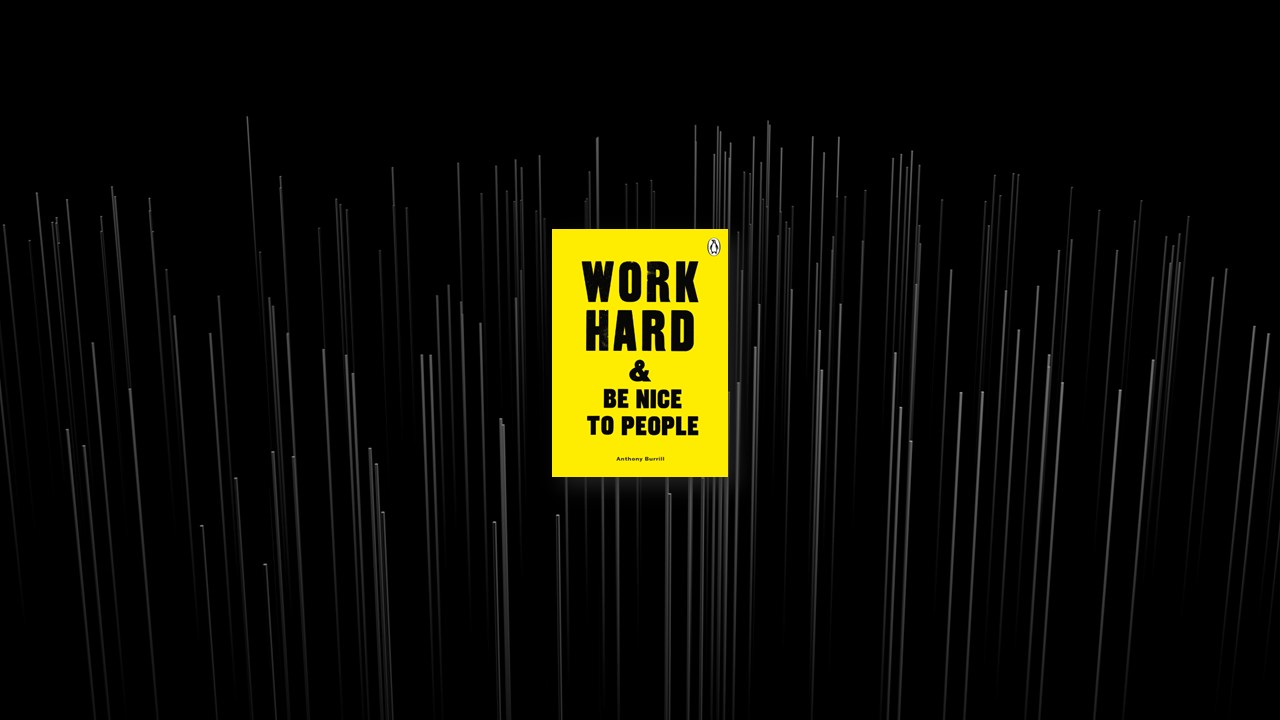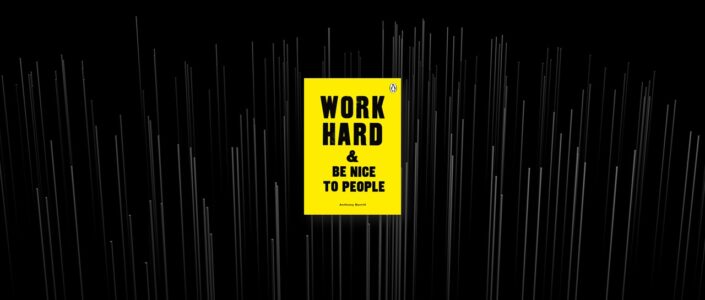Never take anything at face value, look behind the surface. What is really going on?
It’s good not to know things sometimes. You don’t start with all the answers. If you know what the outcome is going to be before you start, then why are you doing it? Isn’t it more fun to explore new ideas and ways of working rather than treading the same old path? Trust your first response to something new. If you like it, then you like it. If you don’t like it, then you don’t like it.
This is how new ideas happen. By questioning what went before we can make something new.
Everything changes every day.
What was valid yesterday is useless today.
Creativity grows and adapts as a response to what is happening around it.
Don’t be afraid to experiment and try something new. Your first attempt will be a disaster (unless you are very lucky). Don’t be put off. Try it again, keep trying and put your learning into practice. Don’t compare yourself to other people who might be more experienced than you. Of course, you need to look up to work you admire, but don’t be put off trying new things just because you think you won’t be any good.
Ignore the doubting voice in your head and dive in with energy and enthusiasm.
Getting things wrong is key to the creative process.
If you’re afraid of getting things wrong you’ll hold yourself back. Test your ideas to destruction. Don’t be afraid of pulling everything apart and taking a U-turn. Allow yourself to think creatively. Don’t put barriers up between what you think you can do and what you can actually do. You’ll be surprised what you are capable of.
Find the extraordinary in the ordinary.
Being in a new environment forces you to question yourself about everything.
Changing your daily routine makes you look at the world through fresh eyes.
You can discover more in the first day somewhere new than in a week at home.
Document everything, take photographs, collect things and keep mementoes.
Seeing the world helps you to put you and your work in context.
Originality comes out of combining influences and experiences in a new and interesting way.
Why do we obey rules that don’t apply to us?
Why are we constrained by rules that other people invented? I’m not talking about rules like, don’t walk on railway lines. I’m thinking about boring rules that prevent you from trying new ideas and developing new ways of working.
Conformity is the opposite of creativity – as soon as you start doing as you are told and follow the rules, you stop being truly creative.
Don’t accept that things are always done in a certain way. Find out why things are done the way they are, then find out if there are better ways of doing them.
We all feel we are unique and have our own particular way of looking at the world.
Your individuality is what makes you, you.
You need to be yourself to be happy.
Break bad habits that derail your creative flow. Pull apart your creative process and identify the parts that don’t work. Fix the broken connections that stop you doing what you want to do. Stop giving yourself excuses to avoid doing things that you know you should do. If it seems too much to tackle everything in one go, break it into manageable pieces that you can solve quickly. The answer is always in the question. If it’s the right question!
Work on as many ideas as you can.
Even the weak ones will act as a springboard into a new way of thinking. Don’t edit yourself, let the ideas flow out. Use ideas as a pathway, let them act as signal markers on your path to a great idea.
Be brave, speak your mind and don’t be afraid to talk about your ideas.
Get over your shyness and build your confidence.
You’ll be admired for saying what you think, even if it goes against accepted wisdom. Have strength in your convictions. Say what you need to say.
Break your routine.
If you’re feeling stuck it’s time to change everything. Change your surroundings, take in some new experiences. It’s better to spend a day gathering new information than it is to feel stagnant and unproductive. Get outside and don’t feel bad about not “working”.
Never give up. You should be working to hone your approach and developing your voice at every stage of your career. Persevere and carry on knocking on doors and seeking out opportunities. It takes time to build your confidence. Surrounding yourself with people you trust and who you can bounce ideas off is vital for that process.
Humans are social animals, we like to be together in groups. Interesting ideas come out when working with like-minded friends.
Every day something new comes along to excite and stimulate. It’s part of leading a creative and happy life, to look and discover. Then to turn those discoveries into something useful that can help make life fun and worthwhile.
Sometimes boring is good.
Being bored lets your brain freewheel and chug away in the background. Let yourself daydream, give yourself time to think. Forget about what you’re trying to think about and let your subconscious grapple with the problem. Meanwhile, you can enjoy the weightless feeling of not having anything to think about. It’s liberating!
Don’t stand in the way of your creative energy.
Allow yourself to create and make. Don’t block yourself or put barriers up. It’s easy to define what you do, to feel secure within a narrow range.
Break out of the space you’ve made for yourself.
Destroy the barriers! By making exploration an important part of your creative practice you are feeding the creativity. And in the same way that you give yourself permission to be creative, pass on the enthusiasm to other people.
Turn a weakness into a strength.
Don’t accept that there’s only one way of doing something, there are at least three.
Come at a problem from an unexpected angle.
Don’t feel that you need to conform to be successful.
Try things that don’t seem obvious, they might surprise you and lead you down a new path.
Sometimes it’s hard to start.
It’s easier not to start.
Starting can be difficult.
Go on, get going, make a start.
Once you’ve made that start it’s hard to stop.
Now it’s hard to stop!


